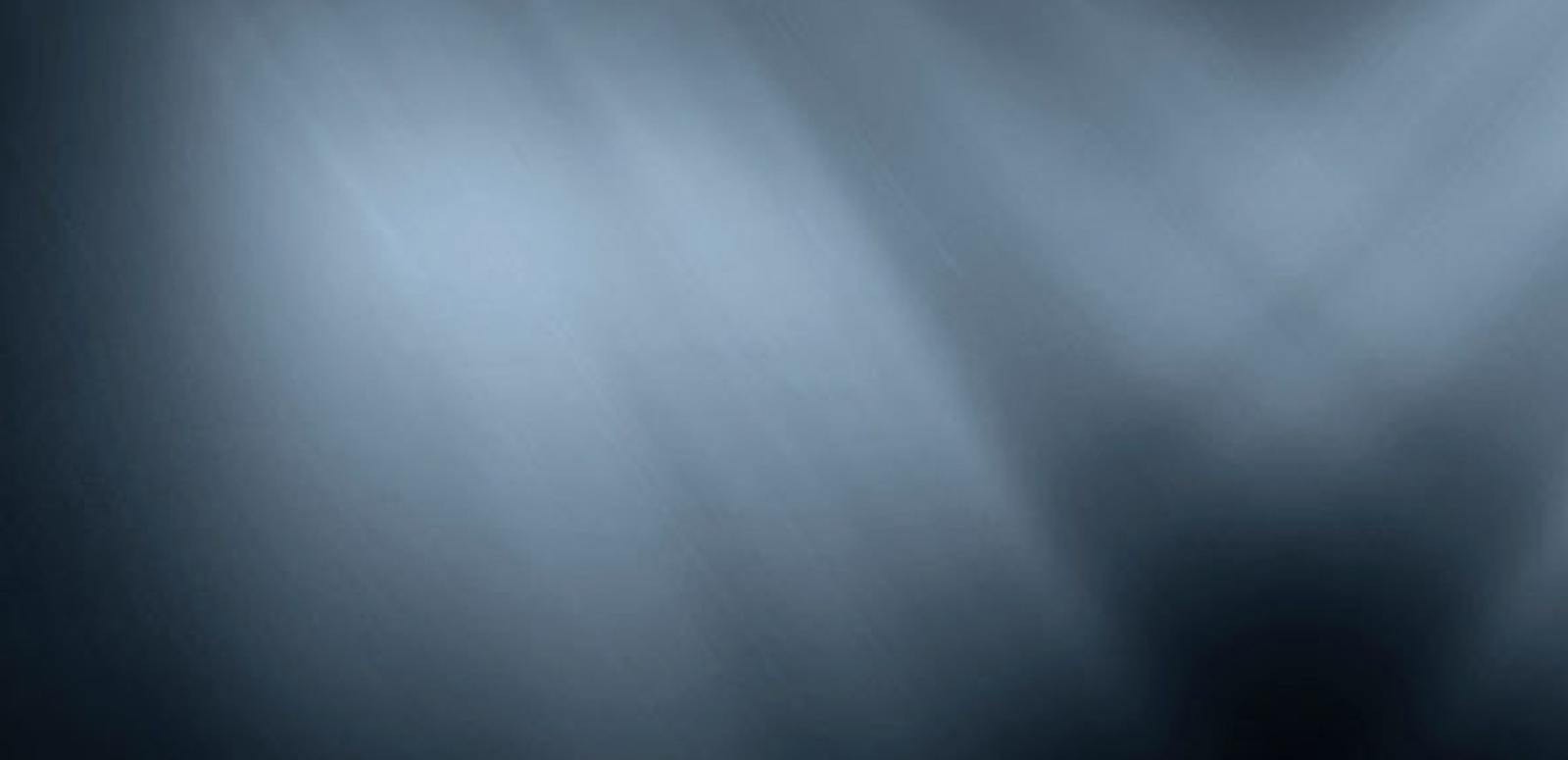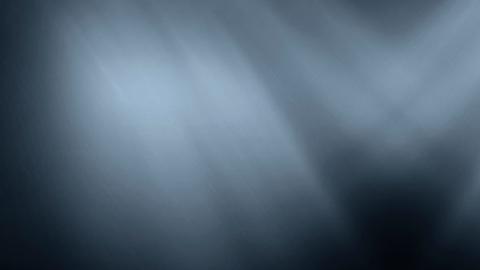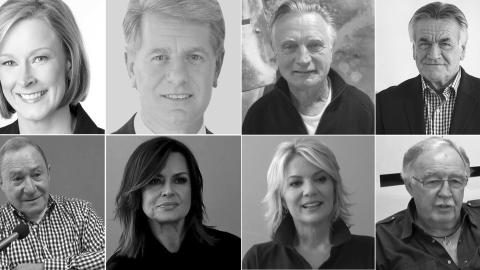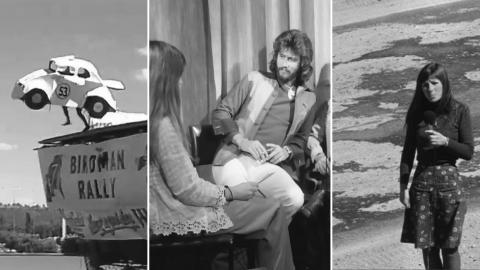

Vale James Dibble
The veteran Australian newsreader James Dibble has died in Sydney at the age of 87.
For many, he was the voice of authority and integrity, the Australian equivalent of the much revered Walter Cronkite, ‘the most trusted man in America’ who, for 19 years, fronted the news desk of ABC America.
Like Cronkite, Dibble brought us the major news of the mid 20th century: the Queen’s coronation, the JFK assassination, the moon landing, riots and Watergate. He even introduced us to decimal currency (14 February 1966). When Cyclone Tracy struck Darwin on Christmas Eve 1974, Dibble calmly left his family dinner and went into the studio.
James Dibble read the ABC news for 27 years. He introduced the first ABC television news bulletin on 5 November 1956 from a makeshift studio. ‘They wrote up a news bulletin, slapped some make-up on me and brought an extra table in,’ he later recalled. ‘And I just sat there and read that very first news bulletin.’ When he gave his last broadcast, on 10 June 1983, Dibble was applauded by a live audience of 80 people in a tiny ABC studio on Gore Hill.
ABC managing director Mark Scott described Dibble as ‘the face and voice of the ABC’. He was ‘the figure of trust that we would all turn to every night’.
James Dibble was also recognised by Better Hearing Australia because his precise diction enabled deaf viewers to lip-read his news bulletins with comparative ease.
Born in 1923 in the Sydney inner-city suburb of Newtown, James Dibble was educated at St Brigid’s Primary School in Marrickville, then at the nearby De La Salle College. His parents, Roland and Vera Dibble, ran a neighbourhood bakery and his younger brother John went on to run the family business and later became CEO of Tip Top Bakeries.
During the Second World War, James Dibble served as a wireless telegraphist in the Royal Australian Air Force, stationed in the Pacific. After the war, he joined the ABC first as an accounts department clerk and soon as a newsreader and announcer for ABC radio. Later, he would become federal president of the ABC Staff Association.
Dibble was a gentleman-announcer of the old school. Until the advent of ABC Classic FM in the mid-1970s, ABC announcers were expected to cover everything, from parliament to cricket, from the news to quiz shows, from cooking classes to fine music programs. When I was a young music producer working on ABC Radio 2, I would occasionally ask Dibble to read my scripts, and he was always ‘note-perfect’ on the first take, regardless of the language. Where the other announcers would dress casually (except when they read the news), Dibble always insisted he put on a tie even when recording in a hot, airless, unoccupied studio. It gave him a sense of style and place, as endearing as it was incongruent.
The NFSA collection has many recordings of James Dibble, not just as a newsreader but also as the narrator of a number of Commonwealth Film Unit documentaries. Many of these relate to the Australian military in the Pacific, perhaps recalling for Dibble his own service days. The NFSA collection also contains two extended Oral History interviews with Dibble, the first conducted by Jacqueline Kent (1983) followed by another with Stuart Glover (2001). Dibble’s public speeches are also in the collection, notably an address to an IASA/ASRA Conference in Sydney in August 1984.
Despite his many plaudits and public laurels, James Dibble was a modest and unassuming man. ‘Just an ordinary bloke, doing his job, and doing it to the best of his ability,’ he told a civic reception at the time of his retirement in 1983.
James Dibble never married; he lived with his mother until her death in 1981. Since he was diagnosed with prostate cancer in 2009, his health deteriorated rapidly and he passed away at an RSL retirement village in Narrabeen on the evening of Monday 13 December.
James Dibble set the bar for future generations of television newsreaders. One of his successors, Richard Morecroft, paid tribute to his mentor. ‘He was a tremendous professional – you always felt that he was absolutely committed to doing the job properly,’ Morecroft told an ABC interviewer. ‘And he taught me, I think, a great sense of the discipline of the job and the genuineness of the job.’
The National Film and Sound Archive of Australia acknowledges Australia’s Aboriginal and Torres Strait Islander peoples as the Traditional Custodians of the land on which we work and live and gives respect to their Elders both past and present.


